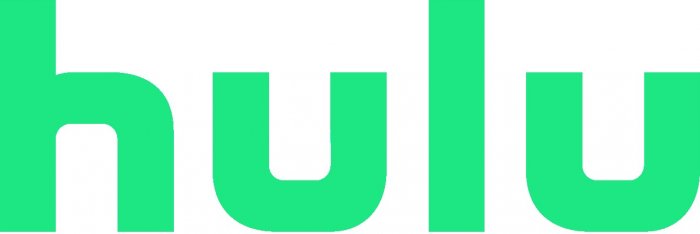This past week, The Walt Disney Company announced that it had reached an agreement with Comcast Corporation to eventually purchase its stake in Hulu. As part of the agreement, Walt Disney has obtained full operational control over the Hulu. Disney has not acquired the 33 percent stake that Comcast and NBCUniversal have in Hulu yet; however, both organizations have decided to enter into a put/call agreement that will allow either side to finalize the purchase in 2024.
With this move, Disney has decided to go all in on streaming services and make a significant push into the direct-to-consumer and over-the-top markets. Just about a month ago, the company announced its plan to launch its Disney+ streaming services by the end of this year and provided detailed financial projections for its various streaming services. The Hulu acquisition has further extended the company's push to build a sizeable direct-to-consumer platform that will allow a customer to view content from the firm's various studios on demand. The move shows that the organization is committed to online streaming and is willing to move away from the traditional distribution models that it has used to deliver content to consumers.
Disney's move into streaming services may mostly be due to the declining rates of cable and satellite TV subscribers over the years. The company is now maintaining a traditional distribution network with a growing direct-to-consumer business. For many years it seemed as if The Walt Disney Company wanted to avoid entering the streaming content business; however, consumer trends have finally made that company move to expand its presence in that market significantly.
Above: the Hulu logo with green letters. The company is now a direct subsidary of The Walt Disney Company.
It may seem counter-intuitive for the company to have a direct-to-consumer business and a traditional content distribution network; however, the company may be able to encourage more competition in the media space and drive prices lower for consumers. Cable, fiber optic based TV, and satellite TV providers will have to figure out ways to keep customers from leaving their platforms. The main way they can do this is by lowering prices and providing value to its customer base. If Disney's service is able to live up to its announced specifications, other firms will enhance their gameplans so that they can "compete" with Disney's innovations.
The outcome of The Walt Disney Company's move into the online video on demand market will allow the firm to grow if it can meet its projections for its three streaming platforms. As a result of the company's potential success, other firms like cable and satellite TV providers will have to work harder to retain customers on their networks. Either way, The Walt Disney Company looks to be a winner already.




